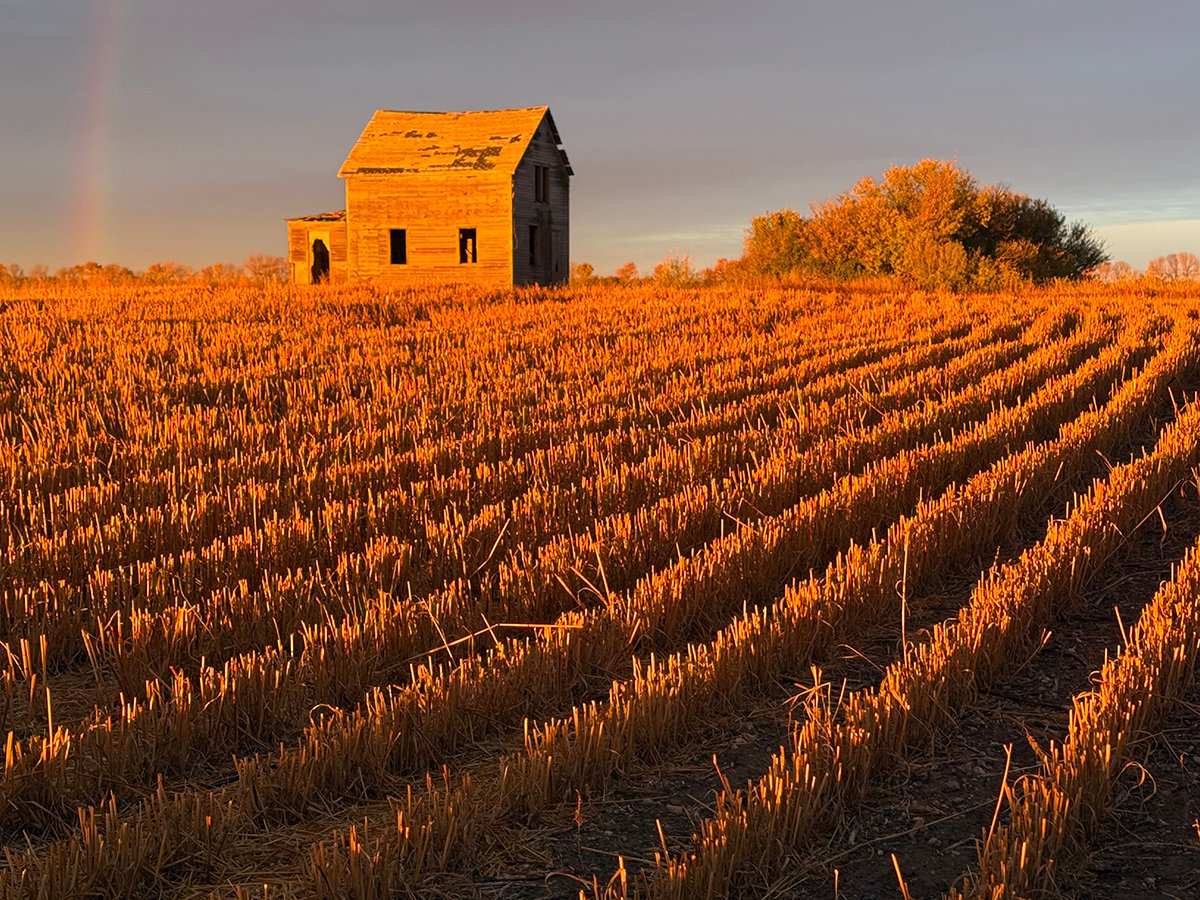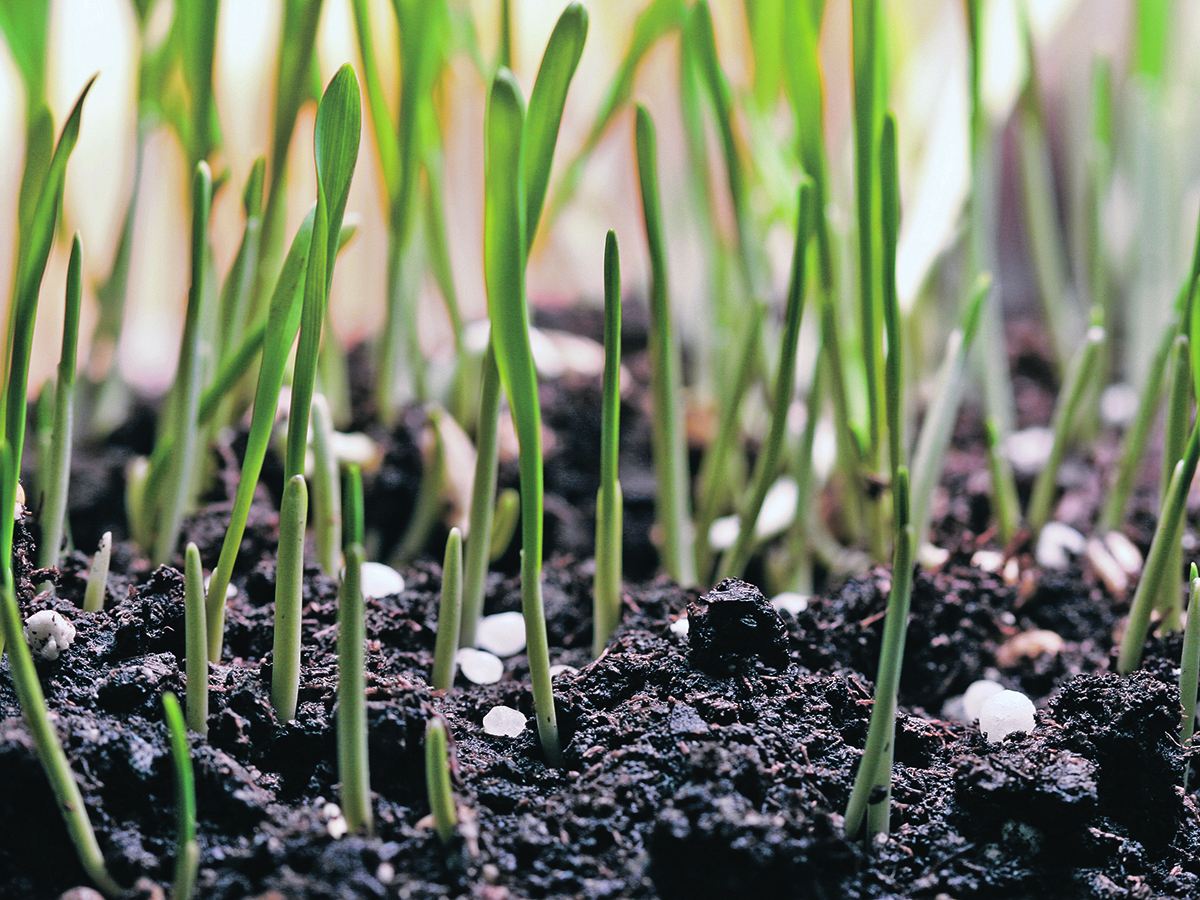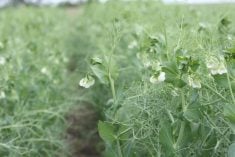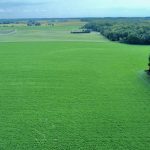Agricultural groups say proposed Sustainable Agriculture Strategy didn’t focus enough on economic and social pillars
REGINA — The breakdown within the Sustainable Agriculture Strategy’s advisory committee was not a big surprise for Tyler McCann.
The managing director of the Canadian Agri-Food Policy Institute, who had an advisory role on the committee, said there were issues right from the start.
He noted the irony of speaking with a reporter on the Friday between Christmas and New Year’s Day, which was when the government quietly released its “what we heard” report on the strategy consultations a year ago.
Read Also

Forecast leans toward cooling trend
July saw below average temperatures, August came in with near to slightly above average temperatures and September built on this warming trend with well above average temperatures for the month.
“That’s not a good sign when governments are releasing reports in between Christmas and New Year’s, and I think it speaks to some of the government’s own perspectives on this process,” he said Jan. 2.
Several organizations sent a letter to federal agriculture minister Lawrence MacAulay in mid-December withdrawing from the committee, saying the proposed strategy didn’t align with industry belief that sustainability measures should be practical, science-based, market-driven and beneficial for the entire value chain. These included Pulse Canada, Grain Growers of Canada, Cereals Canada, the Canadian Canola Growers Association, the Canola Council of Canada and Soy Canada.
The Canadian Cattle Association then followed suit.
CCA executive vice-president Dennis Laycraft said his organization’s decision stemmed from a desire to support the crop associations. He said many CCA members also grow grains and oilseeds.
“If we’re going to have an effective sustainable agriculture strategy, we need all of agriculture in it,” Laycraft said, adding a whole farm approach is required.
He said CCA is proud of its work on sustainability and the Canadian Roundtable for Sustainable Beef. It just launched the next five-year national beef strategy to continue working on goals that include grassland conservation and greenhouse gas emissions reduction.
The government, meanwhile, said the committee’s work had wrapped up in the summer so the withdrawals really didn’t affect further work on the strategy.
That came as news to participants who said they met in early December.
In a statement, Agriculture Canada said the committee’s official mandate did end in summer, “but the government continued to engage the council on an informal basis into the fall to ensure the final strategy was reflective of any final comments from members.”
The department said finishing the strategy remains a priority.
However, some wonder if it will see the light of day considering Canada’s political climate.
Prime minister Justin Trudeau announced Jan. 6 he would resign as soon as the Liberal party chose a new leader. Parliament was set to return Jan. 27 but instead has been prorogued to March 24. An election is set for October but is now likely to happen this spring, and a Liberal loss could put initiatives such as the SAS in jeopardy.
McCann said the breakdown at the committee came about largely because of how the strategy document was framed.
It highlighted the need to address economic production realities but didn’t, he said, and instead focused on the environmental pillar of sustainability.
Organizations at the table worked for two years to make sure the economic and social pillars were recognized.
“I think at the end of the day, we’ve seen some groups that have decided that it’s not there, that this isn’t the right priority, this isn’t the right focus and have decided to walk away from it,” said McCann.
He said a strategy that wants to have impact must be done in partnership with farmers, the private sector, civil society and the provinces.
The strategy as it currently stands paid lip service to that idea of a partnership, he said.
“This is really Agriculture and Agri-Food Canada’s document,” McCann said.
“It’s useful for them, but I’m not sure it offers much value at this point in time to the broader sector.”
He said if and when the strategy is released, it should generate good discussion about what it contains and what it doesn’t.
He said he hopes people don’t give up completely on it.
“The idea of a sustainable ag strategy is a good one. I’m just not sure that this sustainable ag strategy will be a good one,” McCann said.
















